Introduction
Since beginning my professional career over 35 years ago, I have seen the power of mentorship to affect meaningful, real-world change in advancing gender diversity in the boardroom. In fact, mentorship is one reason I launched Women Get On Board Inc. (WGOB) in the first place. By creating a community of women corporate directors and aspiring women corporate directors, mentorship relationships have organically occurred and helped more women get on boards. To further the power of mentorship to promote women leaders and accelerate their board journey, we launched the WGOB Mentorship Program.
In this blog, I want to share what I’ve learned about mentorship so that you can harness this power in your career and board journey. I will share practical insights on:
Mentorship vs. Sponsorship
The True Power of Mentorship
Finding a Mentor
Tips for Effective Mentorship Relationships
Mentorship vs. Sponsorship
People often ask me what is the difference between “mentorship” and “sponsorship”? Simply, mentorship is about advising. Mentors help by guiding behind the scenes. On the other hand, sponsorship is about acting. Sponsors support individuals they believe in by publicly advocating them when they are not in the room.
To learn more, read my blog called “The Power of Sponsorship,” as well as Herminia Ibarra’s HBR article called “A Lack of Sponsorship Is Keeping Women from Advancing into Leadership.”
The True Power of Mentorship
My first Mentor was my father. I watched him overcome personal obstacles from a young age to become a successful businessperson and help his community. When I told him I wanted to do the same, he ensured I had the advice and resources I needed to succeed. That’s the true power of mentorship—having someone who believes in you and is willing to invest time and energy in your development. For many, it is the critical element that makes the difference between success and failure.
I have seen it again and again in my time as Founder & CEO of Women Get On Board. Women with Mentors and eventually sponsors accelerate faster. In the last 20 years, I’ve had the opportunity to be a Mentor and give back. I’m grateful I’ve had a chance to pay it forward and encourage other leaders in my network to do the same.
Finding a Mentor
Join a Mentorship program
One way to find a Mentor is to join a formal program, such as the WGOB Mentorship Program. The WGOB Mentorship Program matches aspiring women corporate directors (Mentees) with accomplished leading and serving women corporate directors (Mentors) to elevate their board effectiveness and advance their board journey to a corporate board seat. The program provides Guided Mentoring and incorporates key learnings from the second edition of my e-book How to Get Yourself On a Board published in 2021 and Peer-to-Peer Networking for the Mentees.
The WGOB Mentorship Program first cohort will graduate in March 2022 and will begin its second cohort in April 2022.
Go through your network
The second way to find a Mentor is through your network. Informal mentorships are a great way to help advance your career and to accelerate your corporate board journey. Start with a list of ten people in your network who have the skills and expertise you aspire to achieve one day. Contact each person and offer to take them out for coffee or a casual lunch. Talk to them about how they advanced their career to corporate boards. Make sure to follow through and follow up with your Mentor’s advice—and always show a willingness to give back to others as a Mentor. Remember to be open and transparent that you are looking for opportunities such as corporate board seats, the same way you would be if you were looking for a job.
For example, Rachel Collier reached out to me and asked for my advice over a virtual coffee chat in early 2020. She was starting her first company, Third Door Marketing, and was looking to get advice from established women entrepreneurs. Someone in her network told me that I would be a valuable resource. One chat turned into many more and I have I have acted as a Mentor to her over the last 2 years.
“I am grateful to Deborah for her investing her time and energy in my success,” Rachel told WGOB. “I remember she once asked me ‘Your business is good, but how are you pushing yourself?’ That question helped me to pivot my business to a higher social purpose—helping top students pay for school and learn entrepreneurship. I’ll never forget that Deborah believed in me when I needed it.”
Tips for Effective Mentorship Relationships
Mentorship yields many benefits for both Mentees and Mentors. For Mentees, benefits include one-on-one guidance and deepened knowledge. For Mentors, benefits include: reverse mentorship and satisfaction of paying it forward. To ensure that Mentors and Mentees receive these benefits, it’s helpful to approach mentorship relationships effectively.
Here are some tips:
Establish mutual trust and respect: Both the Mentor and Mentee should feel safe to be vulnerable, open and honest in their interactions.
Openness to learning:Be eager and prepared to learn from your Mentor. You can demonstrate your enthusiasm by taking the initiative to set goals for your mentoring sessions and following up with your progress.
Clear communication:Great communication requires thought and attention. Listen to your Mentor actively, ask timely follow-up questions and clarify anything you do not understand.
Clear time commitments:Mentors and Mentees should commit to standard meeting etiquette. Agree to times and objectives in advance. Always be on time!
Conclusion
I want to thank all my Mentors over the years. You have been instrumental in shaping me into who I am today, especially my father, who inspired me at a young age to go into business. I would also like to thank those that believed in me to mentor them. If you are reading this blog, my challenge to you is to find a new Mentor or Mentee to foster the next generation of successful women corporate directors.
If you are looking for a Mentor, consider registering for the next cohort of the WGOB Mentorship Program.
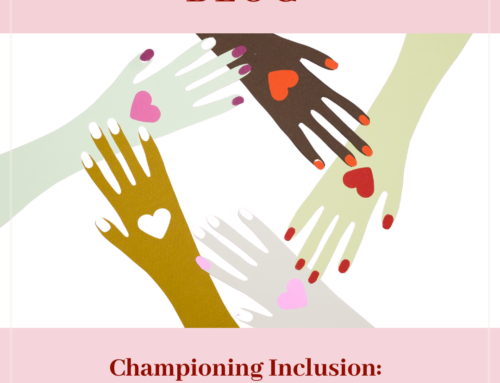
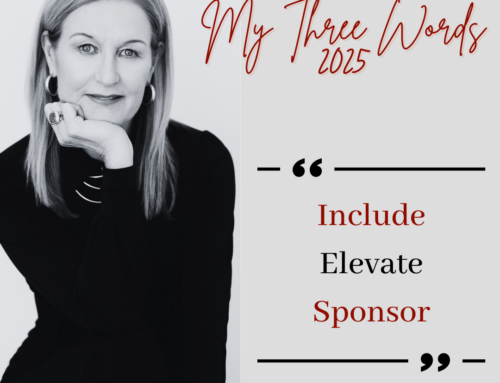
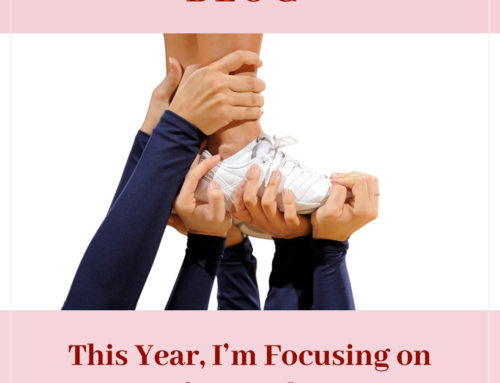
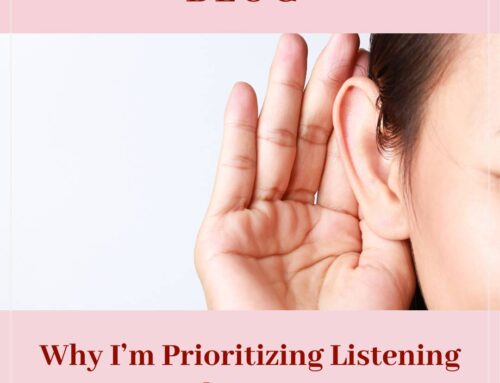
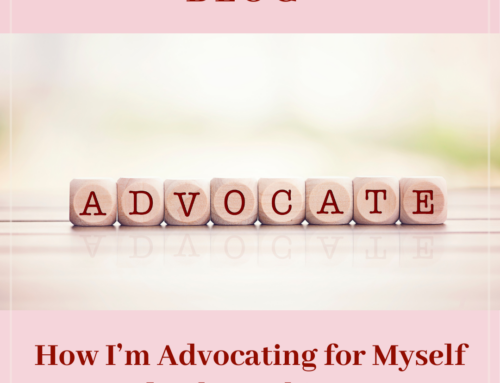
Leave A Comment